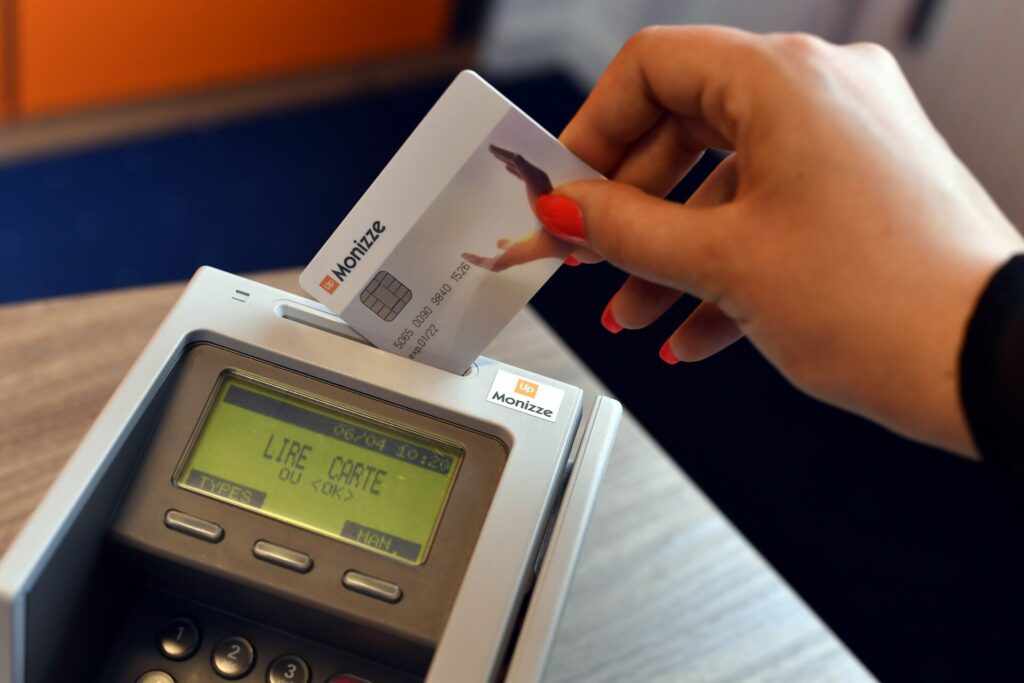An increasing number of mid-size companies in Belgium are offering employees meal vouchers as an extra-legal benefit, a welcome sign in light of the rising cost of living and inflation.
As energy and fuel prices rise, more and more people are struggling to keep their monthly food budget in balance. Fortunately, an increasing number of workers (48% in 2022 compared to 37.5% in 2018) are receiving meal vouchers with a value of up to €8 a day, which can help cover the costs of groceries.
"The fact that the luncheon voucher is gaining in popularity is a good trend," Matthias Debruyckere, a legal expert at HR services provider Liantis, noted.
In the effort to attract talent in a competitive job market, this is an increasingly appealing benefit that goes down especially well with employers of blue-collar workers (the extra-legal benefit is already well established among white-collar workers in Belgium).
"Moreover, meal vouchers can help employees – both white-collar and blue-collar – to cope somewhat with the wage-price spiral." This is a proposed explanation for inflation, in which wage increases cause price increases, which in turn cause wage increases in a continuous loop.
Gross equal to net
Both the employer and employee (contribution is deducted from the net salary) contribute to the meal voucher, but as part of this arrangement, neither the employee nor employer has to pay social security contributions or taxes.
However, the voucher is only given for working days meaning during sickness, leave or during temporary unemployment, no value is accrued on these days.
Employers can contribute a maximum of €6.91 per working day. Including the maximum employee contribution of €1.09, the maximum amount of the voucher per day can be €8. This amount is not automatically adjusted to the index, such as wages or unemployment benefits.

